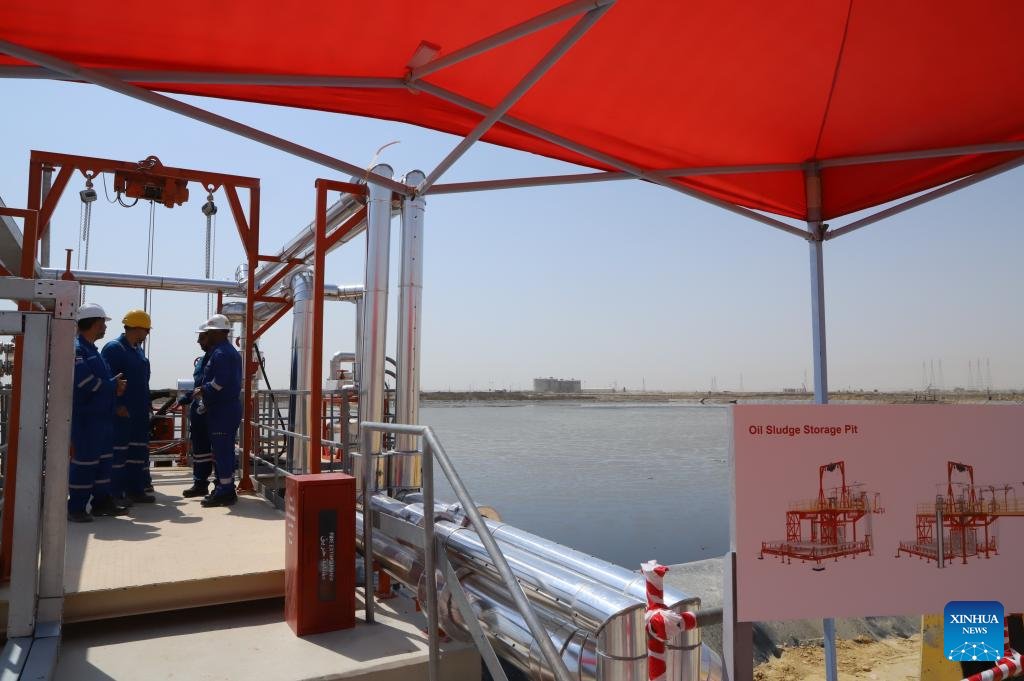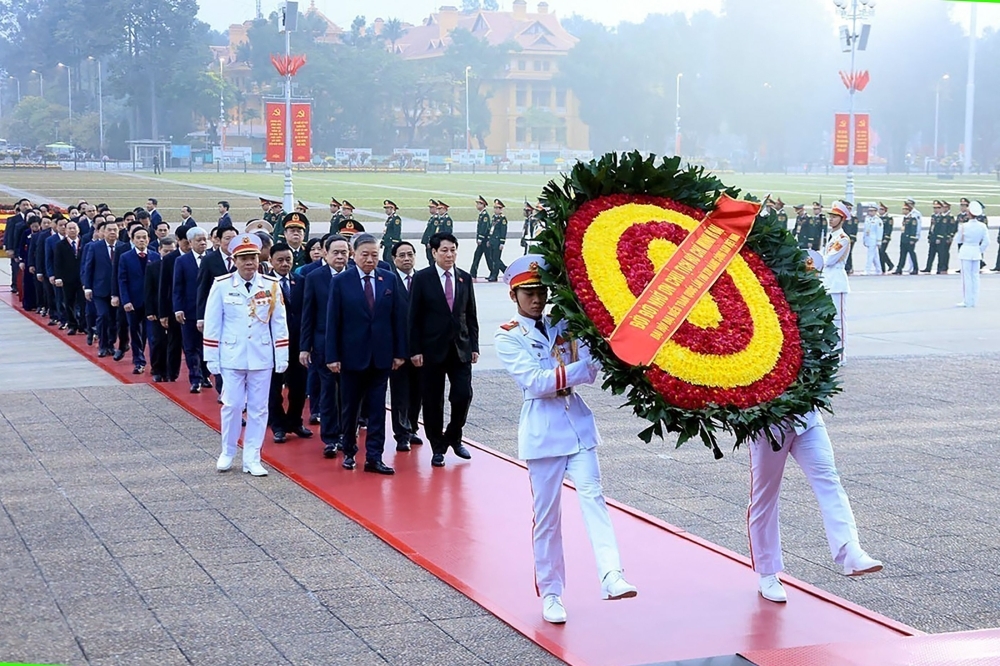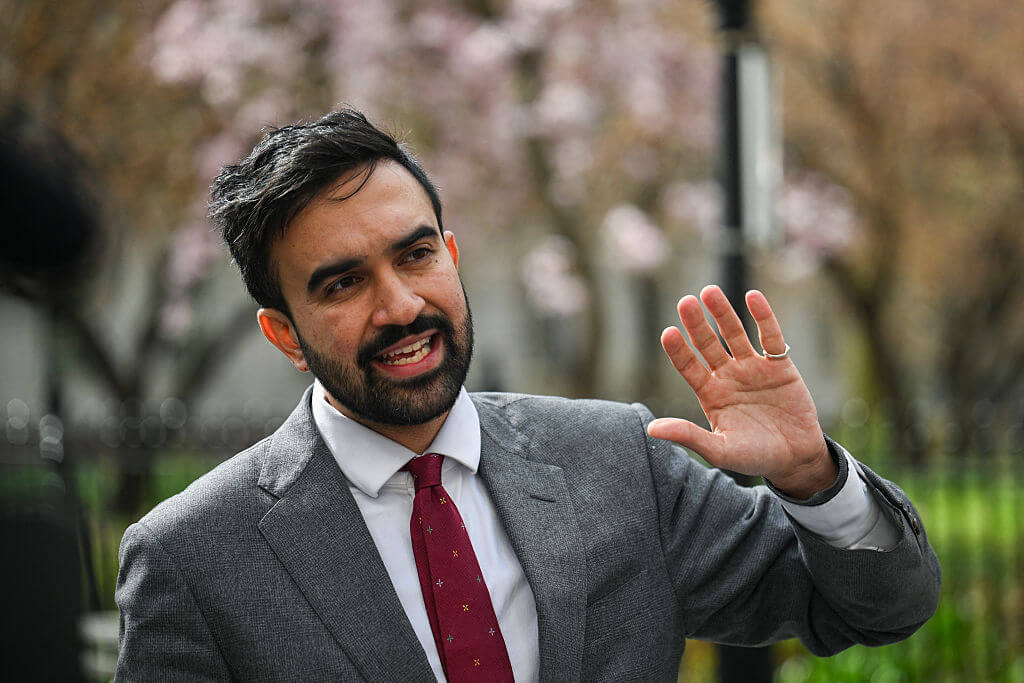In a hopeful turn toward environmental recovery, Kuwait has taken a bold step to restore land scarred by war. This week marked a milestone as the first unit of a long-awaited oil lake crude recovery project successfully completed its trial run. At the heart of this mission is Chinese energy and environmental solutions provider, Jereh Group, whose advanced technologies and expertise are now playing a critical role in healing decades-old wounds.
This project is part of the Kuwait Environmental Remediation Program (KERP) — a large-scale initiative launched to clean up the aftermath of the 1990-1991 Gulf War. When nearly 700 oil wells were set ablaze, vast areas of Kuwait’s land were drenched in crude oil, leaving behind toxic oil lakes and severely contaminated soil. For years, these black scars stood as a haunting reminder of conflict — until now.
Backed by a 100 million yuan (approximately 14 million USD) contract, Jereh is delivering integrated solutions, including cutting-edge equipment and cleanup systems. The project not only aims to recover oil but to revive the land itself — restoring ecosystems, rebuilding soil health, and encouraging vegetation to return.
Speaking from the region, Zhuang Guanghua, President of Jereh Group’s Middle East operations, expressed the company’s dedication:
“As a representative of Chinese energy enterprises, Jereh is proud to support Kuwait’s oil and gas industry, while also contributing to the country’s environmental protection goals. Our mission is not only technological — it’s deeply human.”
Zhang Hongwei, Director of the Middle East Region at Jereh, echoed the sentiment.
“Our advanced recovery technologies are already making a tangible difference. This project isn’t just about cleaning oil — it’s about creating life where there once was devastation.”
During a site visit, Liu Xiang, Charge d’Affaires of the Chinese Embassy in Kuwait, praised the collaboration as a symbol of China’s global commitment to environmental restoration.
“Jereh’s work here reflects not only China’s technical capacity but our genuine desire to partner with Kuwait in sustainable development. The success of this project is a win for both nations — and for the planet.”
As the project moves into full operation, the ultimate goal is to turn polluted land into fertile ground once again — a true testament to resilience, innovation, and international cooperation.




